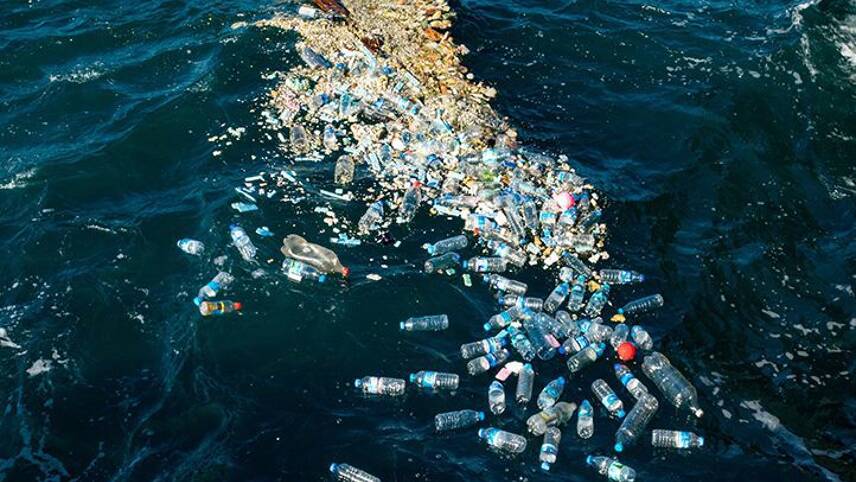Register for free and continue reading
Join our growing army of changemakers and get unlimited access to our premium content

The research warns that the global average consumption of plastic per person per year is 20.9 kilograms
The Research from EA Environmental Action found that since January 2023, more than 40% of the global population has been living in places unable to manage the amount of plastic waste that is generated and discarded.
By July 2023, this figure will reach 60%, with EA Environmental Action warning that a plastics “overshoot day” will continue to move forward unless nations introduce measures to combat plastics waste.
The research found that almost 69,000,000 tonnes of plastic will be mismanaged in 2024, likely seeping into the natural environment as a result. Currently, 43% of global plastic waste is mismanaged at the end of its life.
EA Environmental Action’s co-chief executive Sarah Perreard said that the report is a “timely reminder” of the need for action ahead of next week’s negotiations on a Paris-style global treaty for plastics.
“Twenty-nine countries around the world have already exceeded their capacity to manage their plastic waste,” Perreard said. This must be a watershed moment for industry and policymakers to act in the interest of the planet and the health of human beings. Plastic Overshoot Day should be in everyone’s calendar.”
“Governmental action alone cannot rectify the plastic pollution crisis. We want the research and findings from our report to be an effective tool for corporations to use before introducing new plastic in a geography, and to advocate for an ambitious Global Plastics Treaty.”
The research warns that the global average consumption of plastic per person per year is 20.9 kilograms, which can range by a factor of 50 between the lower and biggest plastic consumers.
EA Environmental Action is calling on nations to introduce policies that reduce plastic consumption, improve waste management and collection and cease the import of plastic waste from other countries.
The next round of negotiations on the UN’s Plastic Treaty take place in Paris from May 29 for five days, after the structure was signed off last year.
Last year, negotiators agreed that the Treaty should cover all parts of the plastics lifecycle, ultimately leading to a decrease in virgin plastic production. Nations including Japan and the US had rallied against this, advocating an approach grounded in scaling waste management.
The Ellen Macarthur Foundation estimates that 95% of the value of plastic packaging materials produced each year is lost through pollution, landfilling, incineration, or downcycling. This is equivalent to at least $80bn.
The UN believes that the world will still be producing some 100 million metric tonnes of plastics from single-use and short-life products by 2040.
The UN states it is possible to grow the global mechanical recycling capacity by 50% by 2027, against a 2016 baseline. Other controlled waste disposal options will need to be scaled by six million metric tonnes in the Global South each year. Further acceleration will then be needed through to 2040.
Commenting on the report, former Unilever chief executive Paul Polman said that nations cannot “recycle their way out of the problem” and that businesses would need to step up to cut back plastic pollution.
“Plastic pollution is a waste crisis, a climate nightmare, and a public health disaster in the making,” Polman said. “EA Environmental Action’s report is a stark reminder that our current, linear plastic waste management systems are not fit for purpose and there is an urgent need for policymakers and industry to implement robust waste management policies and invest in the infrastructure fit for the 21st century.”


Unless there is world-wide agreement between governments, that every country shall a publicly funded disposal system for all such waste, the horror will continue.
Universally, business is unlikely to be interested as funding is likely to be very tight.
It comes down to money and universal agreement of governments.
Under these circumstances, I see little prospect of a solution, even though it could certainly be done, given a decade of determined national action.
I hope that I am wrong.